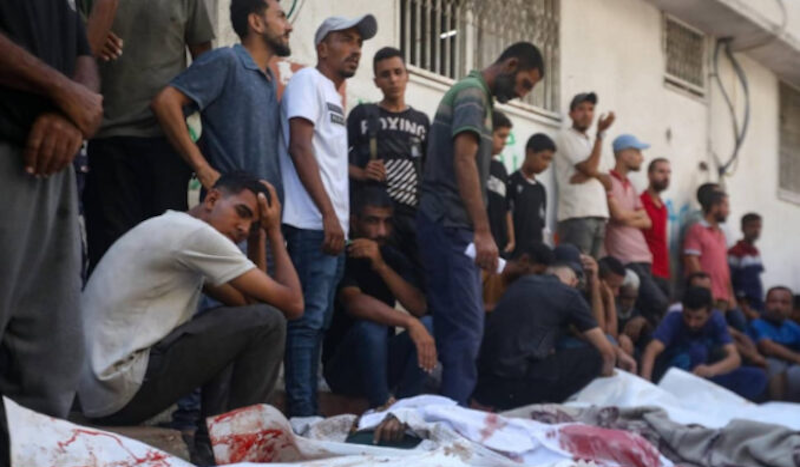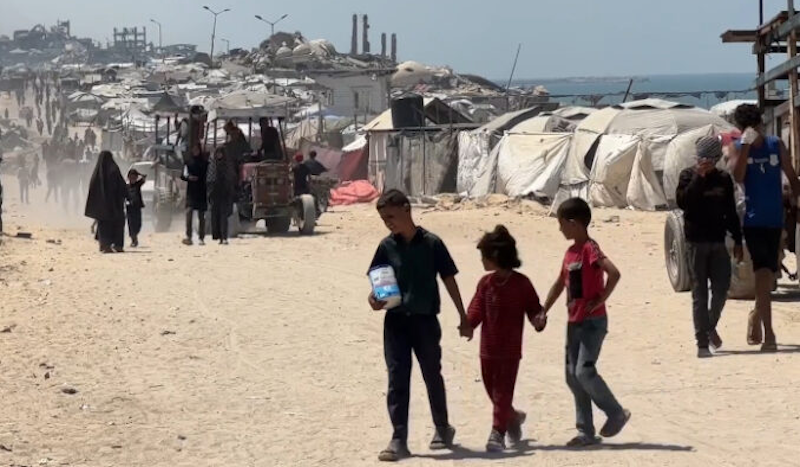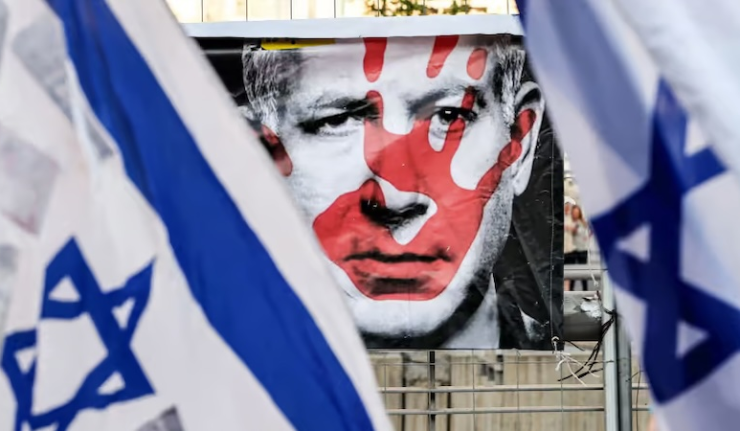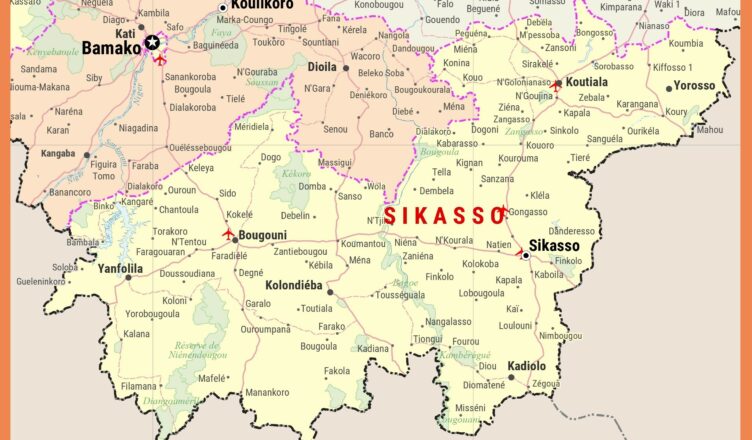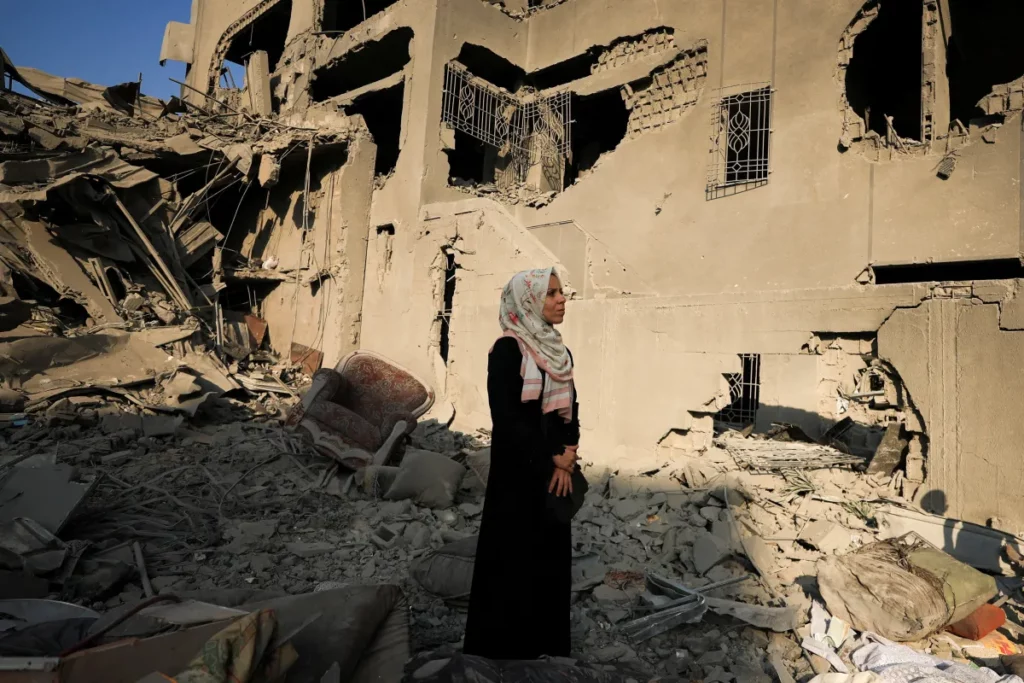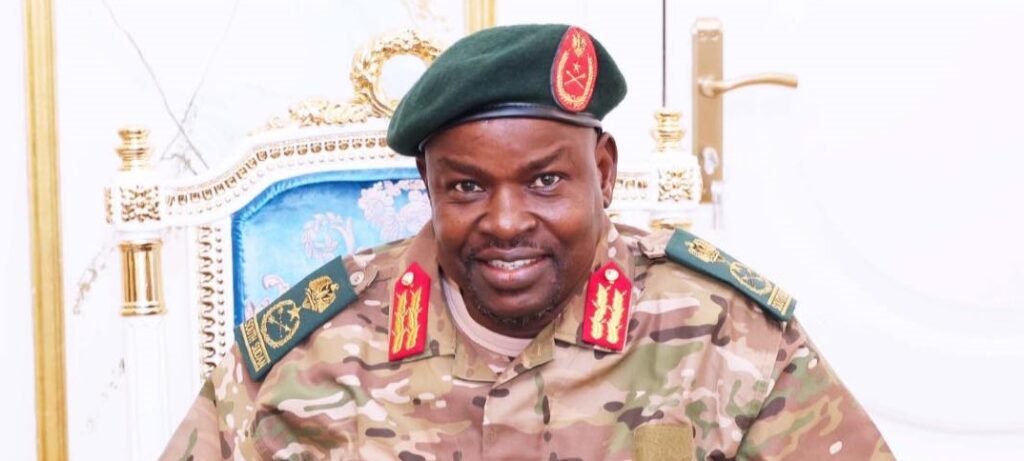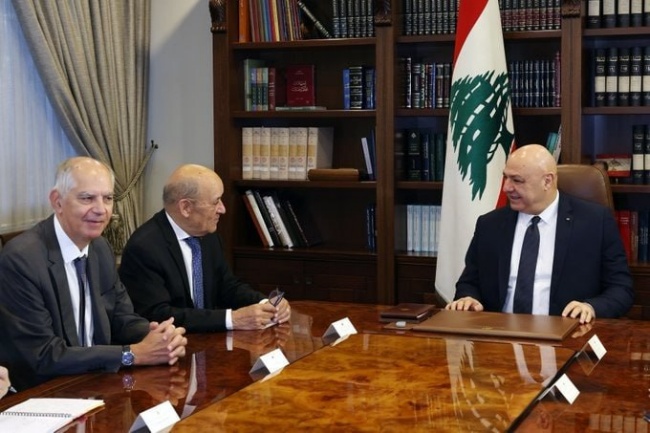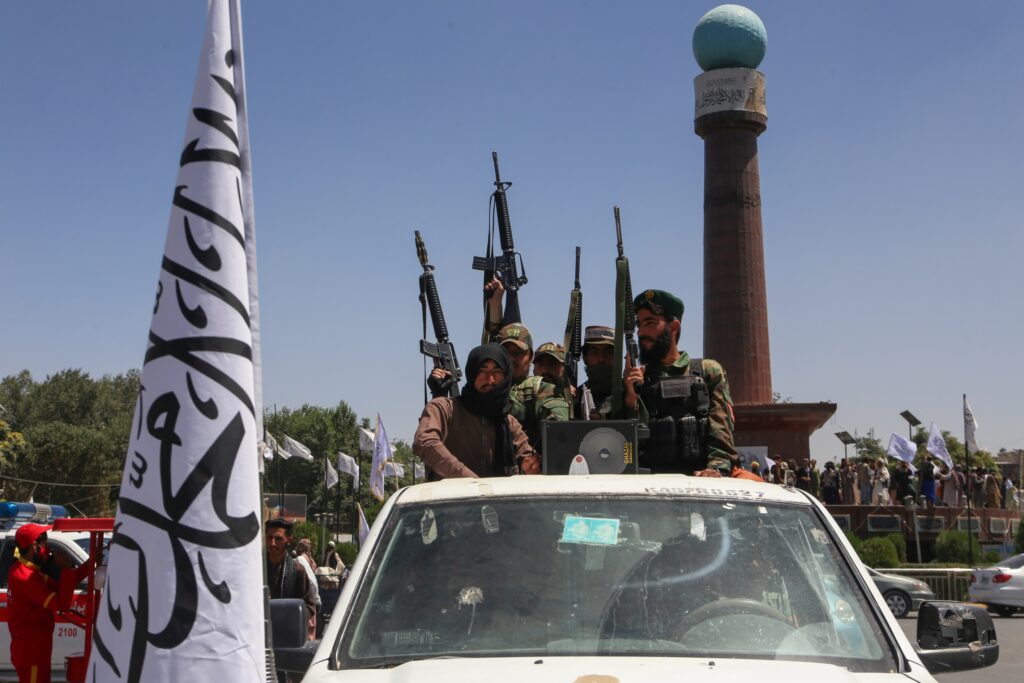Soudan: une guerre oubliée sur fond d’effondrement humanitaire
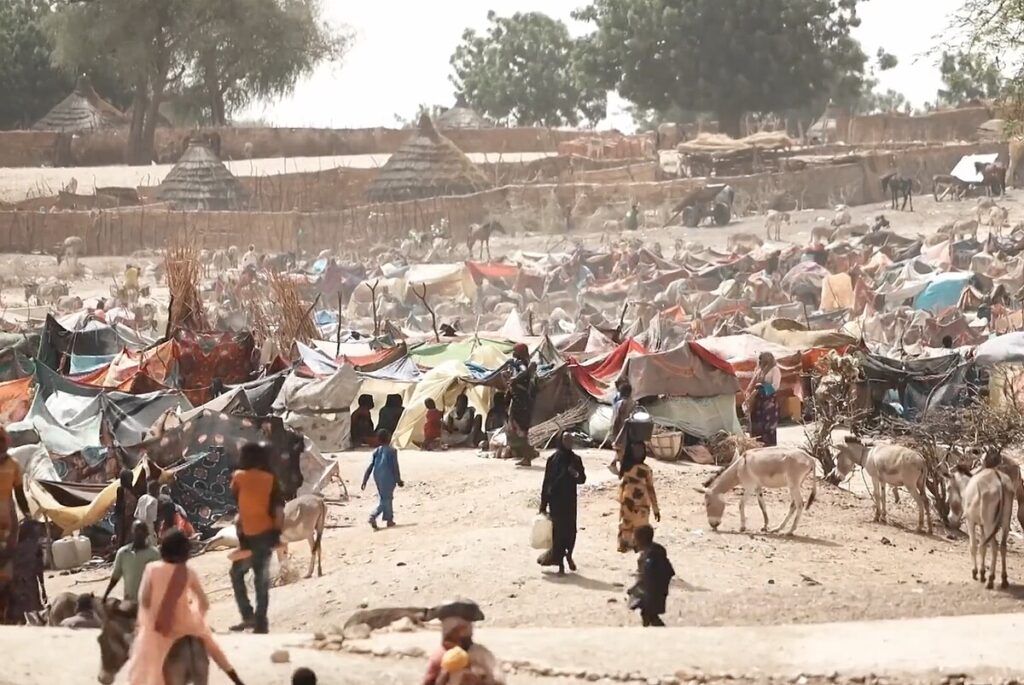
Au cœur même de l’Afrique se déroule l’une des catastrophes humanitaires les plus vastes de l’époque contemporaine, restant à la périphérie de l’attention mondiale.
Le Soudan, ayant vécu des décennies de dictature et de conflits civils, est plongé depuis avril 2023 dans un abîme de guerre cruelle entre deux puissantes factions militaires. Ce conflit n’a pas seulement effacé de la surface de la terre des villes entières et emporté des milliers de vies, mais a aussi engendré la plus grande crise de déplacement interne au monde, mettant au bord de la survie des millions de civils.

